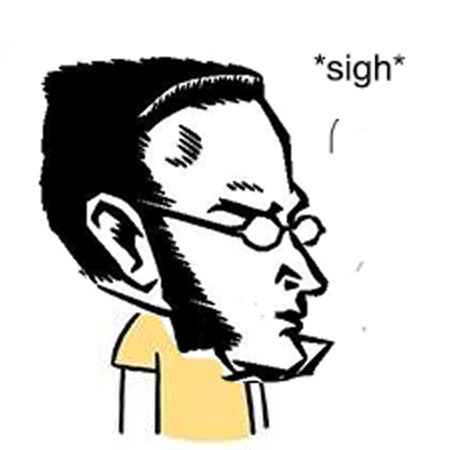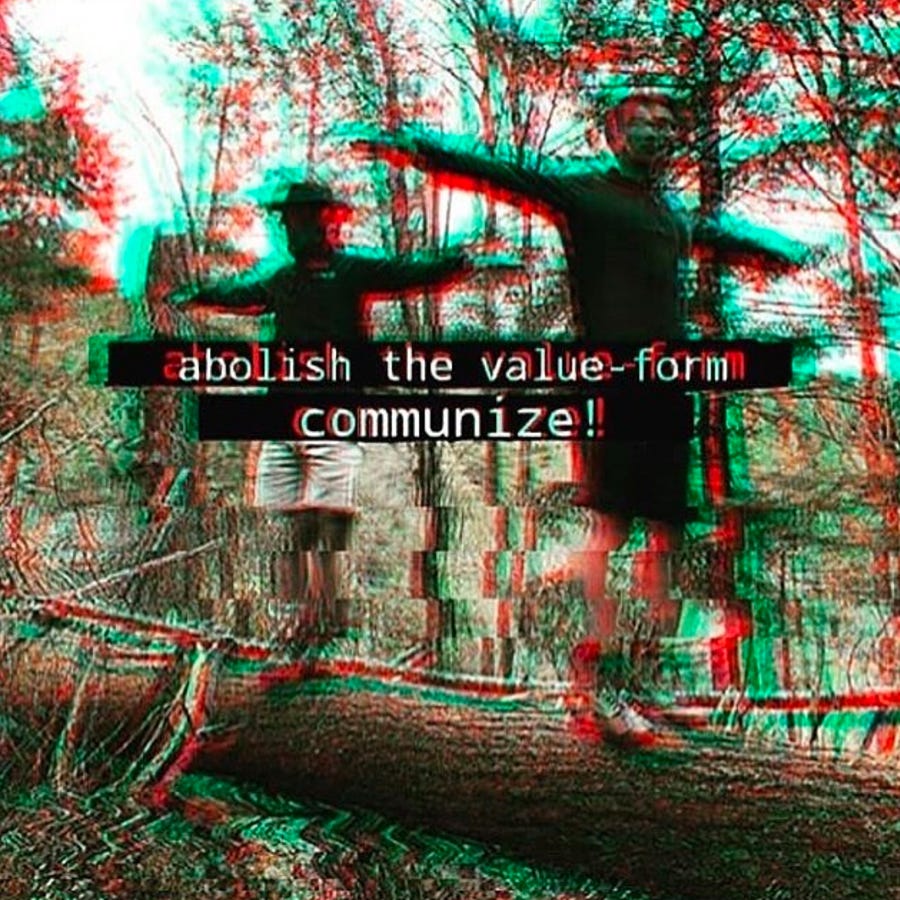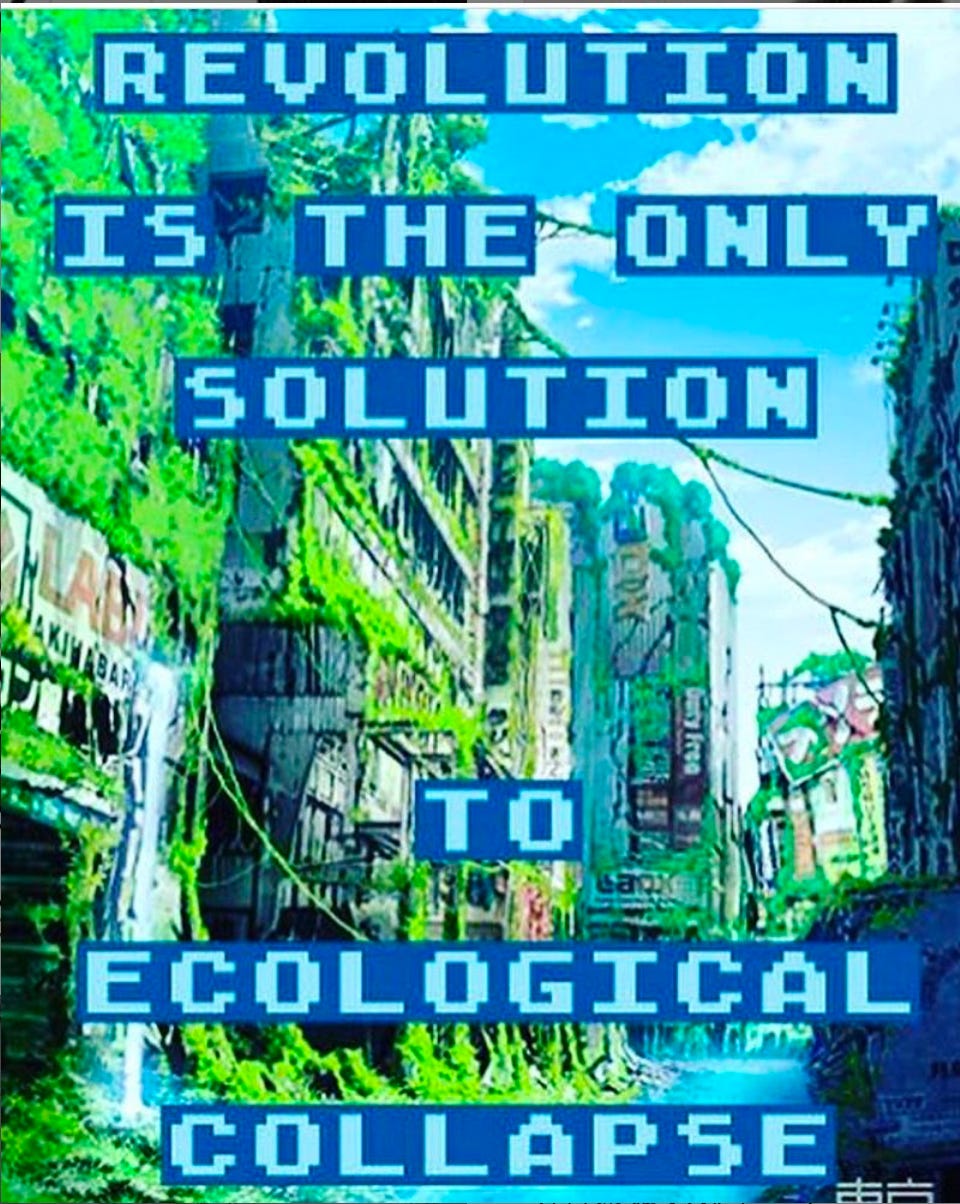I’m kicking off this series with a powerful vision of the future. My guest is an 18 year old communizer who has spent the last few years in radical left online subcultures. Following this interview they helped found an anarchist group that grew to 15 chapters throughout the United States and 1 in Europe. (We will discuss this project in more detail in forthcoming posts.) Alongside the memes on their account, they frequently post fantasy landscapes of post-collapse, post-civilization overgrowth. Imagine a salvage economy— like Mad Max —but with agricultural communes. Maybe these fictional larp spaces are a necessary step to rekindle our political imaginations. They may help us to envision the new world.
Egocom_Insurrection
age 18
Suburbs of Boston
Instagram, Tumblr, Facebook, Twitter
***
I would describe myself as a Communist, more specifically a Marxist Communizer, and a Post-Civilizationist.
Some of the biggest influences on my current views are Marx and Engels, Max Stirner, the Situationist International, and Gilles Dauve. A lot of my background before I got into those thinkers was in anarchist, queer, and feminist spaces so I was exposed to and influenced by a lot of those ideas.
When did you first learn about or start visiting online political communities?
About 4 years ago is when I really got into it. I was frustrated with how things were going in American society and believed radical change was needed, but wasn’t sure how it could come about. I started just posting social-democratic pro-Bernie stuff back in 2016 but at the same time I was reading into all sorts of other things and talking to people all over the left of political Instagram.
What was your ideology before entering these spaces? Or how have your views evolved since you started participating?
I was a social democrat, but an angry one increasingly dissatisfied with the solutions all the other social democrats offered.
What changes do you think we are likely to see in the next 10 years?
In the next 10 years I think the ecological disaster we’re in the middle of will accelerate and become even more intense, I think that social attitudes will become, in general, even more nihilistic than they are, and people even more dissatisfied with politics as they have been presented to them. There will probably be more insurrections than usual, and hopefully that will explode into a social revolution, but I don’t claim that it necessarily will do that in the next 10 years. I think the bourgeoise will struggle more and more to reproduce capitalist relations even as the economy technically goes up, and that we’ll see more automation and digitization of labor than ever before.
Keep reading with a 7-day free trial
Subscribe to Doomscroll to keep reading this post and get 7 days of free access to the full post archives.




